
Lincoln and McClellan: SET IN STONE?
by George C. RableLincoln and McClellan: SET IN STONE? George C. Rable Mention George B. McClellan to students of the American Civil War, and the response is predictable. They know McClellan as a foil to Lincoln who might be able to organize an army but was reluctant to commit it to combat. As Lincoln once said, McClellan had […]
Read More
An Interview with Ronald C. White
by Jonathan WhiteAn Interview with Ronald C. White Jonathan W. White Ronald C. White is the New York Times bestselling author of two presidential biographies: A. Lincoln: A Biography (2009) and American Ulysses: A Life of Ulysses S. Grant (2016). He is also the author of Lincoln’s Greatest Speech: The Second Inaugural (2002), a New York Times […]
Read More
A TUB TO THE WHALE: Lincoln’s 1862 Colonization Speech to African Americans & the “Lullaby Thesis”
by Michael BurlingameA TUB TO THE WHALE: Lincoln’s 1862 Colonization Speech to African Americans & the “Lullaby Thesis” Michael Burlingame Critics of Lincoln’s August 14, 1862, meeting with five leading Black Washingtonians reject the “lullaby thesis” that the president’s “conspicuous advocacy of colonization” was an insincere “device or ploy” designed “to make emancipation more palatable to a […]
Read More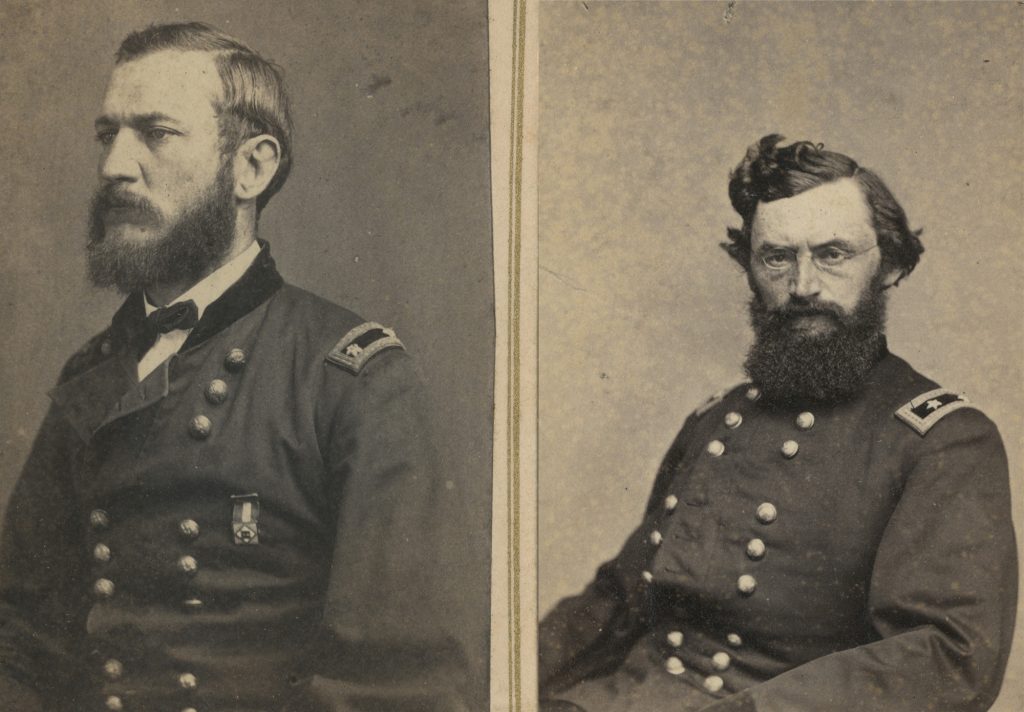
From the Collection: German-Americans in the Civil War Era
by Jessie Cortesi, Kayla GustafsonFrom the Collection: German-Americans in the Civil War Era Kayla Gustafson and Jessie Cortesi In honor of German-American Heritage Month in October, librarians at the Rolland Center for Lincoln Research launched a new digital exhibit on lincolncollection.org highlighting items in the Lincoln Financial Foundation Collection related to German-Americans from the Civil War period. From 1845 […]
Read More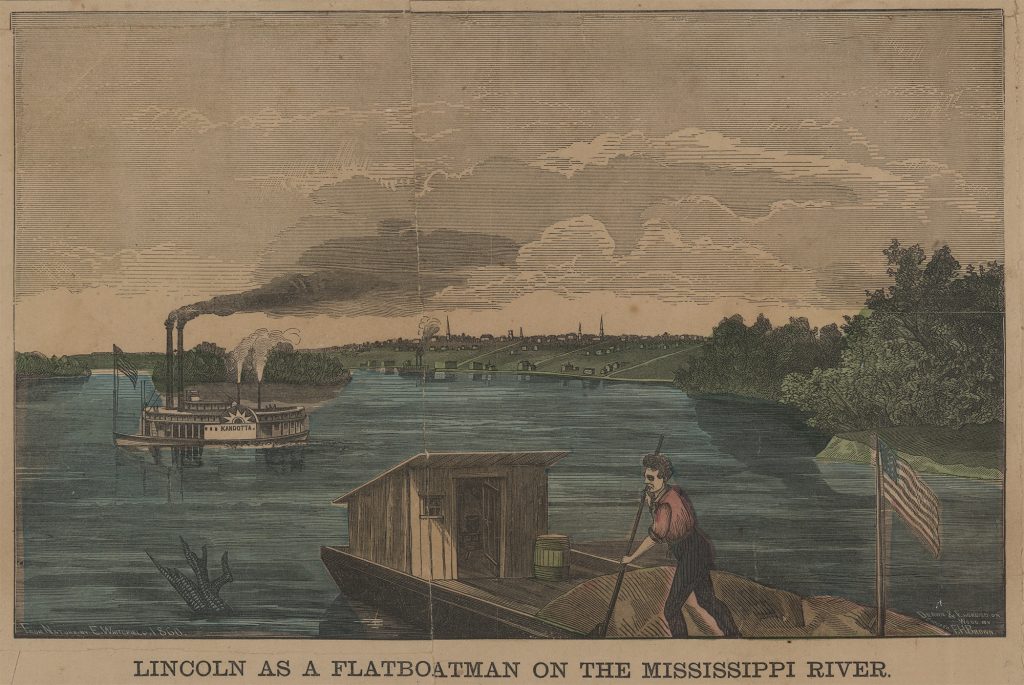
The Mystery of Lincoln’s Second Flatboat Trip to New Orleans
by Glenn W. LaFantasieThe Mystery of Lincoln’s Second Flatboat Trip to New Orleans Glenn W. LaFantasie In his youth, Abraham Lincoln took two trips down the Mississippi River on flatboats laden with goods to be sold in New Orleans. The first trip occurred in the spring of 1828, when Lincoln lived in Indiana and agreed to accompany Allen […]
Read More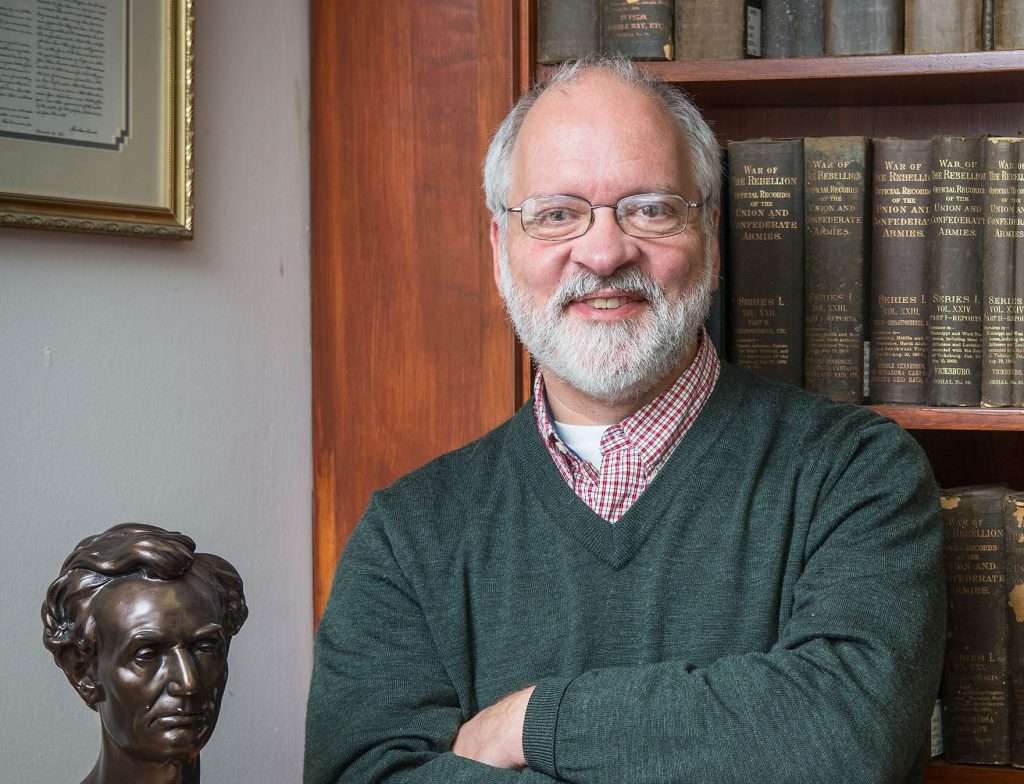
An Interview with Gerald J. Prokopowicz
by Jonathan WhiteAn Interview with Gerald J. Prokopowicz Jonathan W. White Gerald J. Prokopowicz is professor of history at East Carolina University and a longtime member of The Lincoln Forum Advisory Board. A highly sought-after public speaker and battlefield tour guide, Prokopowicz is perhaps best known as the host of the popular podcast Civil War Talk Radio, […]
Read More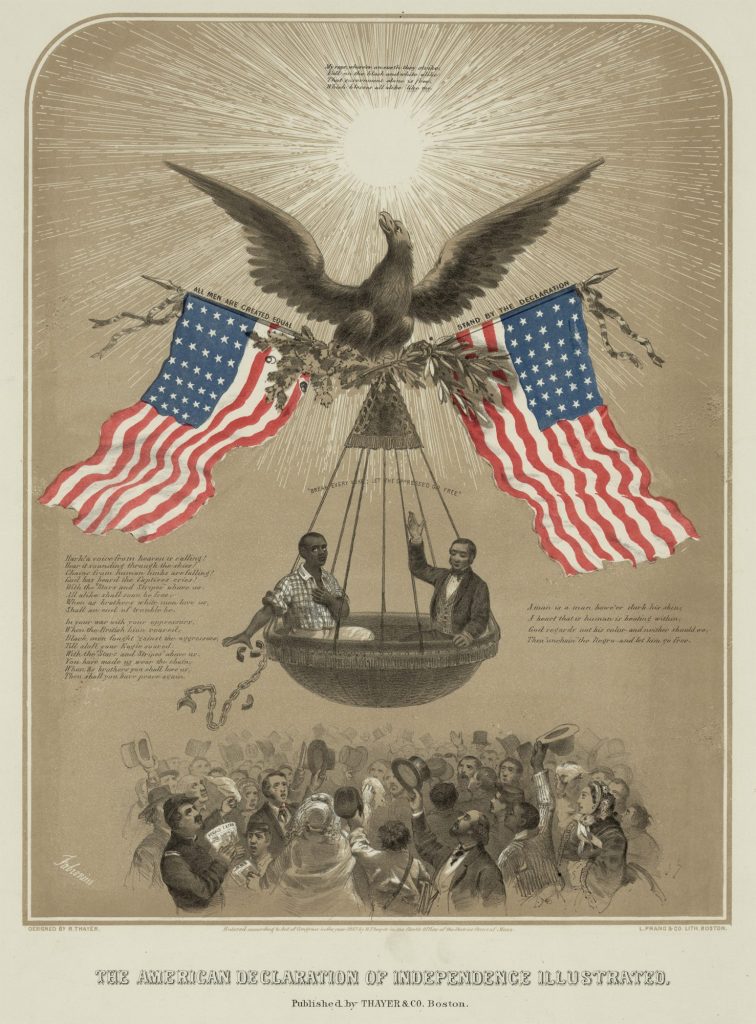
LINCOLN, DOUGLASS, & THE POLITICS OF RACE
by Edna Greene MedfordLINCOLN, DOUGLASS, & THE POLITICS OF RACE EDNA GREENE MEDFORD A few weeks before the 1864 presidential election, Frederick Douglass penned a letter to Theodore Tilton, an abolitionist and the editor of The Independent, a New York newspaper. Referring to the impending election, Douglass wrote: “To all appearance [the Republicans] have been more ashamed […]
Read More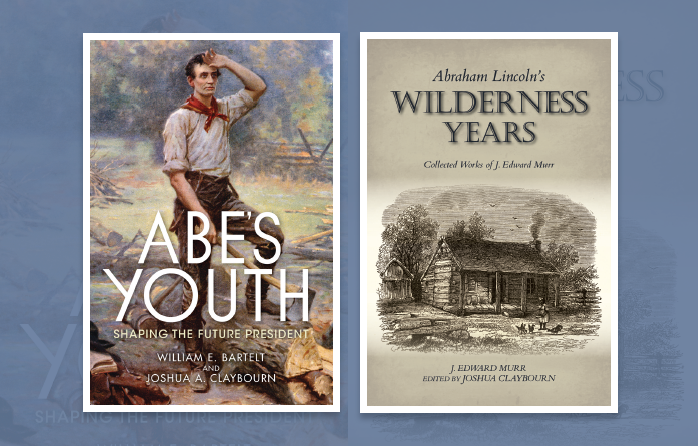
Book Review: William E. Bartelt and Joshua A. Claybourn, Abe’s Youth; J. Edward Murr, Abraham Lincoln’s Wilderness Years
by Andrew F. LangWilliam E. Bartelt & Joshua A. Claybourn: Abe’s Youth: Shaping the Future President J. Edward Murr, edited by Joshua Claybourn: Abraham Lincoln’s Wilderness Years: Collected Works of J. Edward Murr Review Essay by Andrew F. Lang The “Lincoln legend” goes something like this. Born in 1809 to impoverished Kentucky parents whose earthly possessions consisted of […]
Read More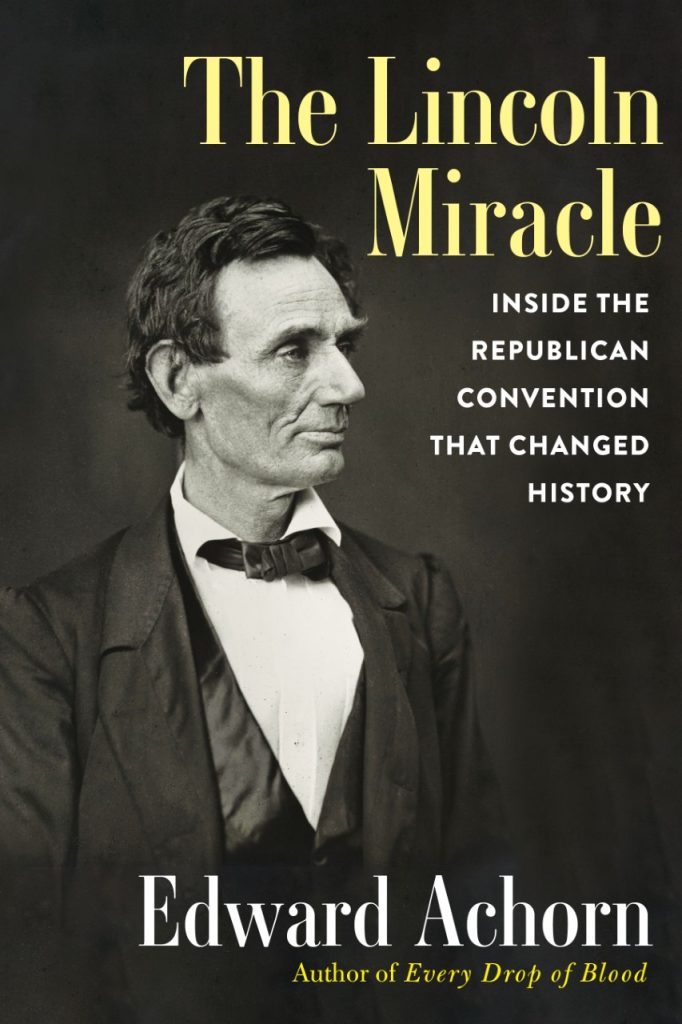
Book Review: Edward Achorn, The Lincoln Miracle
by Phelps GayEdward Achorn, The Lincoln Miracle: Inside the Republican Convention that Changed History Book Review by Phelps Gay Sixty-three years ago, the Lincoln Sesquicentennial Commission published a three-volume work called Lincoln Day by Day, A Chronology, 1809-1865, edited by Earl Schenck Miers. An invaluable reference work, it tells us in short factual entries what Lincoln was […]
Read More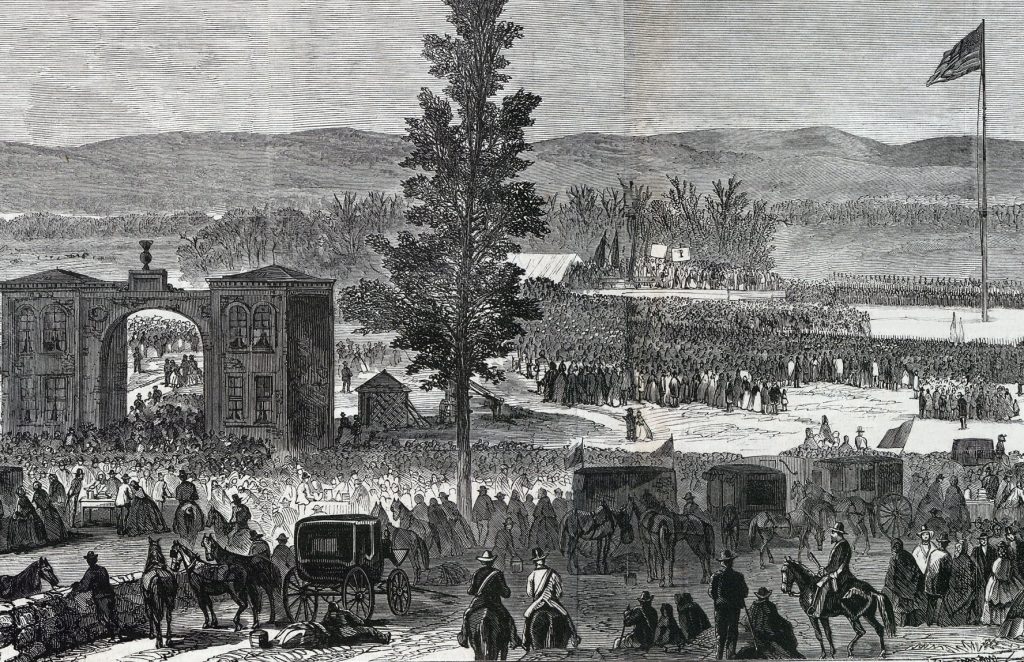
Placing the Platform: Using 3D Technology to Pinpoint Lincoln at Gettysburg
by Christopher OakleyPlacing the Platform: Using 3D Technology to Pinpoint Lincoln at Gettysburg By Christopher Oakley The following presentation was delivered at The Lincoln Forum in Gettysburg on November 18, 2022. It has been slightly revised for clarity. One hundred fifty-nine years ago, on November 18, 1863, Abraham Lincoln came here, to Gettysburg. The purpose of his […]
Read More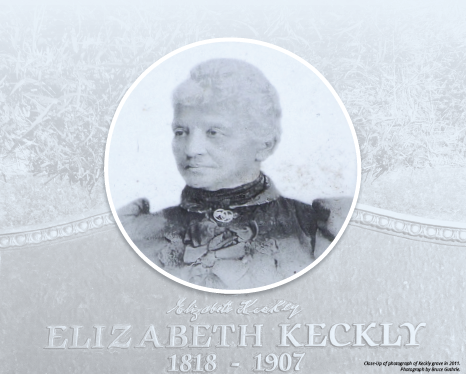
Not-So-Final Resting Places: Grave Reflections on the Historical Reputation of Elizabeth Keckly
by Michelle A. KrowlNot-So-Final Resting Places: Grave Reflections on the Historical Reputation of Elizabeth Keckly By Michelle A. Krowl “To look upon a grave, and not feel certain whose ashes repose beneath the sod, is painful, and the doubt which mystifies you, weakens the force, if not the purity, of the love-offering from the heart.” This is […]
Read More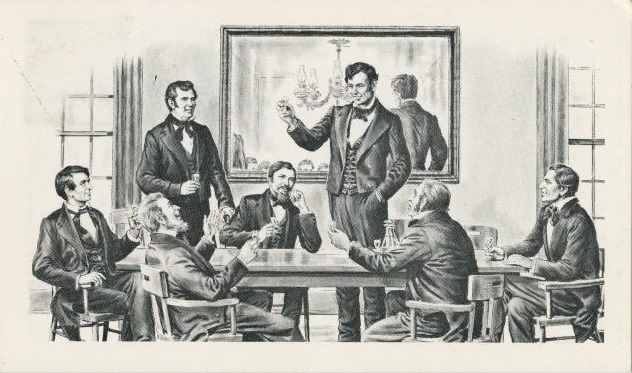
Lincoln & the Franchise
by M. Kelly TilleryLincoln & the Franchise M. Kelly Tillery, Esq. “The most fundamental right in America is the right to vote—and to have it counted. And it’s under assault. In state after state, new laws have been passed, not only to suppress the vote, but to subvert entire elections. We cannot let this happen.” Joseph R. Biden, […]
Read More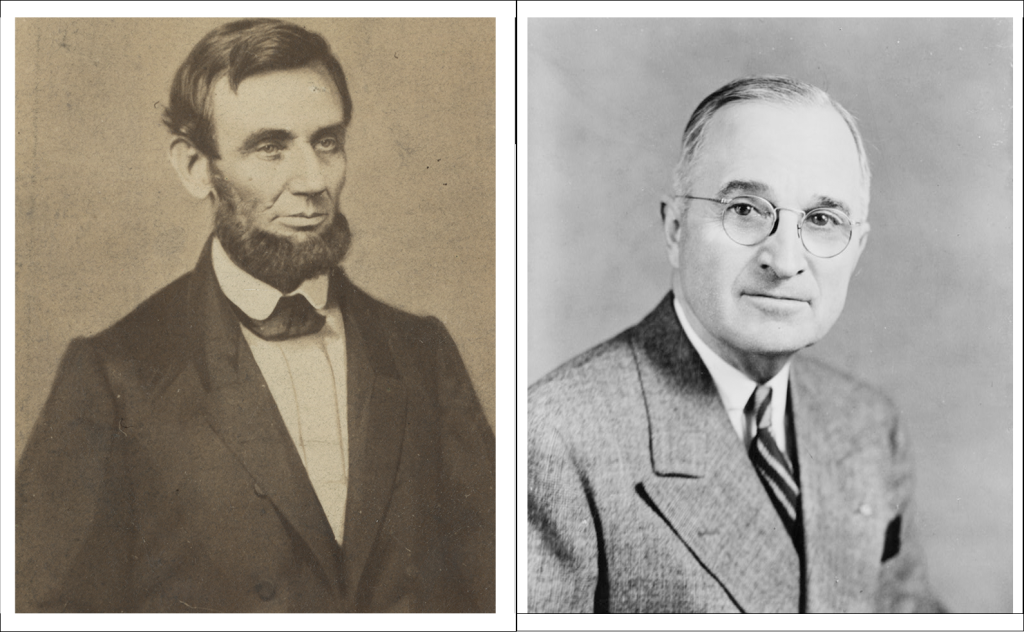
Lincoln & Truman: Varied Expressions of the American Spirit
by Max J. SkidmoreLincoln & Truman: Varied Expressions of the American Spirit By Max J. Skidmore There is, to be sure, an element of unfairness in a comparison of any other president with Abraham Lincoln. It’s a rare presidential ranking that fails to put Lincoln at the top of the list as America’s most outstanding president. Admittedly […]
Read More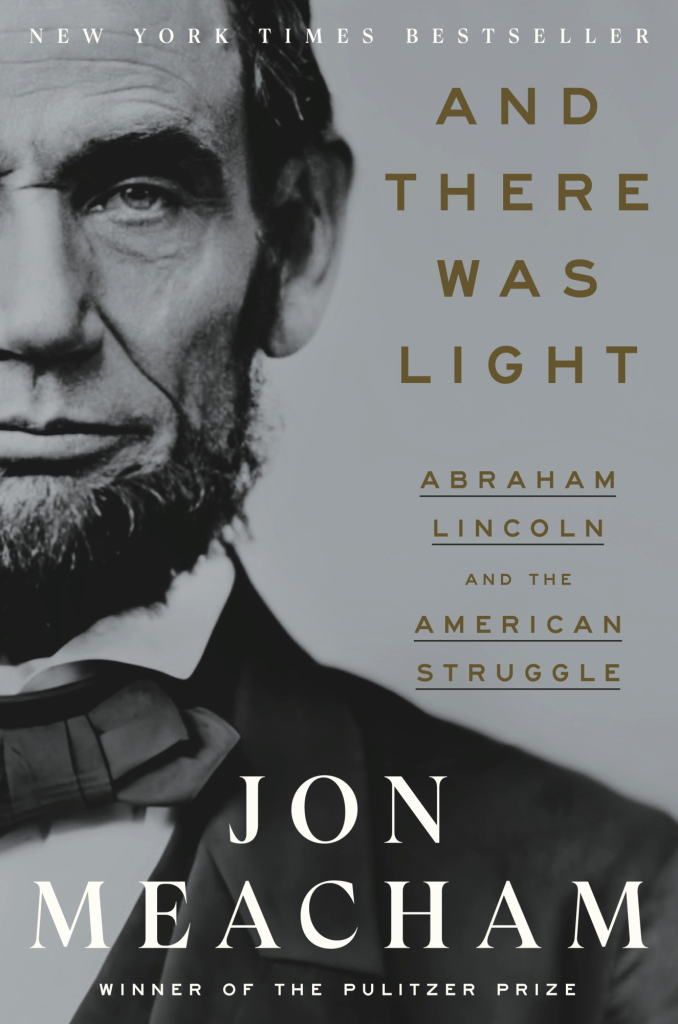
Book Review: Jon Meacham, And There Was Light
by Phelps GayJon Meacham, And There Was Light: Abraham Lincoln and the American Struggle Book Review by Phelps Gay Not just another cradle-to-grave biography setting forth well-known facts of Lincoln’s life, And There Was Light offers us a fresh look at his intellectual, moral, and spiritual development culminating in his decision to resist the voices of […]
Read More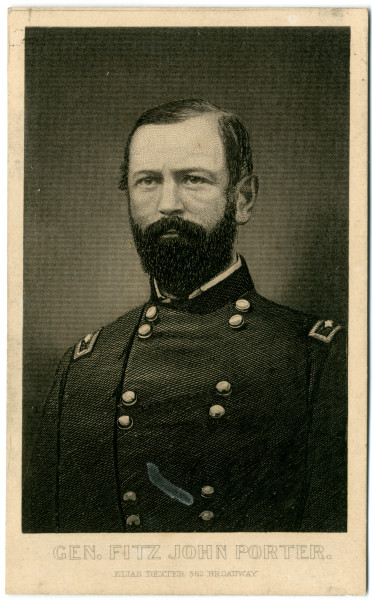
The Unhappy Fate of Fitz John Porter
by Allen C. GuelzoThe Unhappy Fate of Fitz John Porter By Allen Guelzo The American Civil War was a political war. That should not matter hugely to those of us who study the art of command in the war, since it is one of the basic tenets of the American system of governance that the military remains in […]
Read More